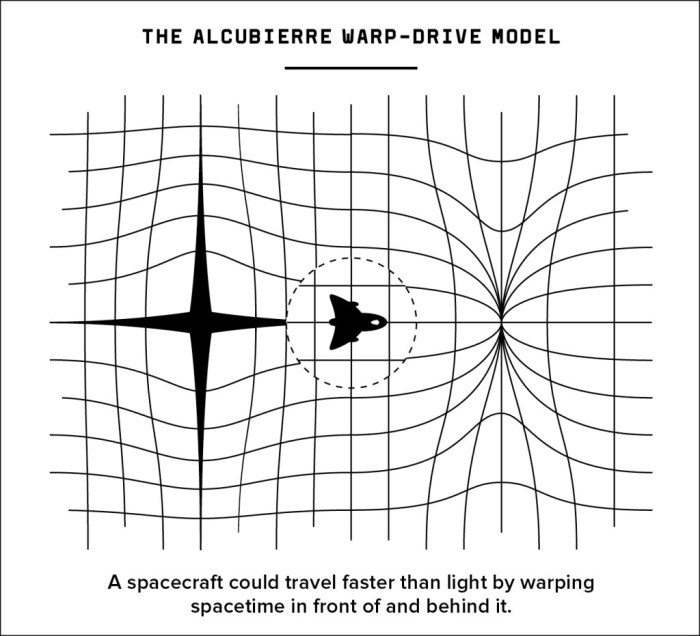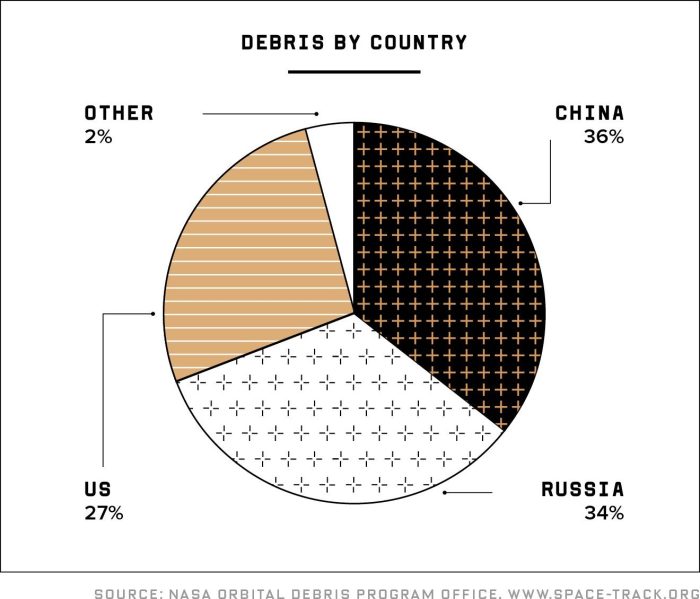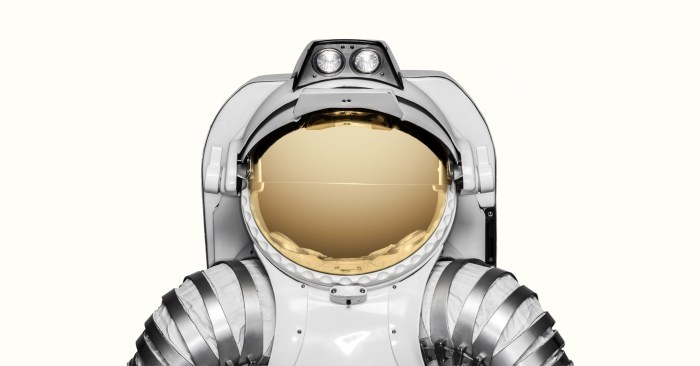Challenges for space exploration by ann leckie – Ann Leckie’s thought-provoking work on space exploration presents a comprehensive examination of the multifaceted challenges that confront humanity in its quest to venture beyond Earth. This analysis delves into the technological, environmental, human factors, mission design, and financial and political obstacles that must be overcome to ensure the success of space exploration endeavors.
From the intricate design of spacecraft to the physiological and psychological impacts on astronauts, Leckie’s insights illuminate the complexities of space exploration. Her analysis highlights the critical need for technological advancements, robust life support systems, and efficient propulsion systems to navigate the vast expanse of space.
Technological Challenges

Space exploration presents a multitude of technological challenges that must be overcome to ensure the success of missions and the safety of astronauts. These challenges include developing spacecraft capable of withstanding the harsh conditions of space, creating life support systems that can sustain human life for extended periods, and designing propulsion systems that can efficiently navigate the vast distances of space.
Spacecraft Design
Spacecraft must be designed to withstand the extreme temperatures, radiation, and micrometeoroids encountered in space. They must also be able to operate autonomously for long periods, as communication with Earth can be limited or delayed. Engineers must carefully consider materials, shielding, and redundancy to ensure the spacecraft’s integrity and functionality.
Life Support Systems
Astronauts require a reliable and efficient life support system to survive in the vacuum of space. This system must provide breathable air, regulate temperature, manage waste, and recycle water. Developing and maintaining such a system for extended missions poses significant challenges, as it must be compact, lightweight, and highly reliable.
Propulsion Systems
Propulsion systems are essential for maneuvering spacecraft in space. Chemical rockets, ion thrusters, and solar sails are among the technologies used to propel spacecraft. Each system has its advantages and disadvantages, and engineers must carefully consider the specific requirements of each mission when selecting a propulsion system.
Environmental Challenges

The environment of space poses numerous hazards to astronauts, including radiation, microgravity, and extreme temperatures. These challenges must be carefully managed to protect astronauts’ health and safety.
Radiation, Challenges for space exploration by ann leckie
Space is filled with high-energy radiation from the sun and other sources. This radiation can damage cells and increase the risk of cancer and other health problems. Astronauts must be shielded from radiation by spacecraft materials and special protective suits.
Microgravity
Microgravity, or the absence of gravity, can have significant effects on the human body. It can cause bone loss, muscle atrophy, and fluid shifts. Astronauts must exercise regularly and use special equipment to mitigate these effects.
Extreme Temperatures
Spacecraft can experience extreme temperatures, ranging from below freezing in the shade to hundreds of degrees in direct sunlight. Astronauts must be protected from these temperature extremes by spacecraft insulation and specialized clothing.
Human Factors Challenges

Long-duration space travel can have significant psychological and physiological effects on astronauts. These challenges must be addressed to ensure the well-being and performance of the crew.
Psychological Effects
Astronauts may experience isolation, boredom, and anxiety during extended missions. They must be trained to cope with these challenges and maintain their mental health. Crew selection and team dynamics are also important factors in mitigating psychological risks.
Physiological Effects
Microgravity and radiation can have negative effects on astronauts’ physical health. Astronauts must exercise regularly, follow a healthy diet, and take precautions to prevent bone loss and other health problems.
Commonly Asked Questions: Challenges For Space Exploration By Ann Leckie
What are the major technological challenges in space exploration?
Developing spacecraft capable of withstanding harsh space conditions, creating life support systems for extended human missions, and designing efficient propulsion systems for vast distances.
How do environmental factors impact space exploration?
Radiation, microgravity, and extreme temperatures pose significant hazards to astronauts, requiring protective measures and habitable habitats.
What are the psychological and physiological effects of long-duration space travel?
Astronauts experience isolation, stress, and physical changes, necessitating psychological support and careful astronaut selection.
